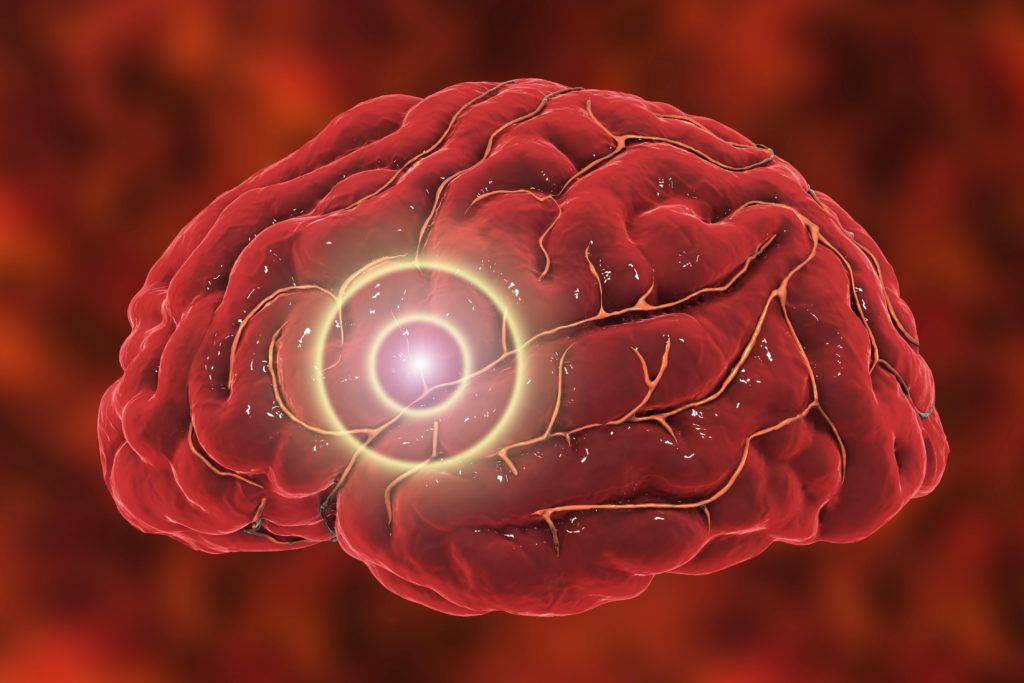
In a May 2020 paper published in the journal Regional Anesthesia and Pain Medicine, researchers from the University of California San Diego reviewed the psychedelic literature and proposed a mechanism by which psychedelics may relieve chronic pain.1
The literature review discusses studies using psychedelics to treat conditions like cluster headaches, migraines, cancer pain, and phantom limb pain. The compounds involved in the studies were psilocybin, LSD, and the LSD analog 2-bromolysergic acid diethylamide (BOL-148).
The authors cover the history of psychedelics, studies on their efficacy, tolerability, and safety, and the chemical classes. In proposing their hypothesis for how psychedelics act as analgesics, the authors reviewed three concepts:
1) The mechanism of action of psychedelics at serotonin receptors (primarily 5-HT2A).
2) The downstream effects of psychedelics in the body leading to modulation of gene expression and inflammation.
3) Changes in brain functional connectivity (FC) brought on by psychedelics.
Psychedelics for Chronic Pain – Making the Case
According to the authors, several mechanisms might contribute to the antinociceptive (detection of pain) effects of psychedelics.
Based on the literature, they observed that activating the 5-HT2A receptor (as the classic psychedelics do) causes upregulation (becoming more active) of the genes that are associated with neuroplasticity. The genes that suppress inflammation via tumor necrosis factor alpha (TNF-α) also experience upregulation when the receptor is activated. Therefore, 5-HT2A receptor activation by psychedelics may lead to rewiring in the brain + reduced inflammation = reduced nociception.
The authors explain that studies have shown that over time, acute pain transforms into chronic pain via neuroplasticity. Also, other changes in the structure and function of the nervous system in areas like the spinal cord and the cortex of the brain are involved. It is in this evidence that they find the primary driver of their hypothesis:
Given the accumulating evidence of altered brain FC in chronic pain states, the ability of psychedelics to disrupt established brain connection patterns is perhaps the most intriguing potential analgesic mechanism for psychedelics.
Based on the scientific evidence overall, the researchers made the following recommendation:
Given the current state of the opioid epidemic and limited efficacy of non-opioid analgesics, it is time to consider further research on psychedelics as analgesics in order to improve the lives of patients with chronic pain conditions.
What’s Next for Psychedelics in Treating Chronic Pain?
The authors note that of the 200+ clinical trials examining the effects of psychedelic drugs on health conditions, none are studying how psychedelics impact chronic pain. To fill this gap, they propose two main areas for further investigation: 1) identifying the mechanisms that support psychedelic-induced analgesia and 2) placebo-controlled trials to quantify the effective doses of psychedelics that provide predictable and reliable pain relief.

Wonder job very proud of you
Interesting facts! Would the same antinociceptive effects occur during meditation?
I believe psychedelics can be very helpful for persistent pain conditions. As a counsellor in a pain clinic I often see the connection between mind and body and how vital it is to work holistically. We must continue the research.
Really interesting avenues, I can speak for personal experience. I expect the healing effect on the mind to mirror the effect on the body. I assume there might be some connections at the psychological level, some sort of detachment from fiscal or mental pain. Would be interesting to know if the re is shared physiology too.
Cluster headache sufferer here and I can attest to psilocybin being an outstanding treatment. Ive suffered for 13 years. Was chronic with PTSD with respect to sleeping at night. I tried all sort of treatments borrowed from other medical conditions and nothing worked. I read about psilocybin online. In 2017 I finally procured some and I’ve gone from chronic to episodic. The attacks/cycles are far less frequent, significantly shorter, and for the the first time – manageable. Plus its extremely cost effective. $7 dose and only need anywhere from 5 to 10 doses per year. Contrast this with a single… Read more »
Josh what dosage for cluster headaches?
I have been researching the use of psychedelics to help or even cure a 40 year opiate addiction. I believe this research shows that helping opiate addicts is in the realm of possibility.
I heard it also helps with cancer I gave a spinal injury lots of nerve Pain
Does it help with neuropathy?
Really interested in this research and the possibilities for treatment of other chronic pain conditions e.g central sensitisation, fibromyalagia, persistent back pain. If anyone knows of on-going studies would be grateful if they’d let me know ????
My friend has been suffering from trigeminal neuralgia for 6 years. She has undergone brain surgery for it where the after effects were having to learn to speak and walk again. The surgery wasn’t successful. In post op follow-up scans, a tumour was picked up. She had up until the tumour discovery been relying on more and more opioid analgesics and decided to move over to high potency CBD oils for pain relief. She refused to deal with the tumour through either surgery or chemotherapy and took a fatalistic view of her future. This view was informed by her Fathers… Read more »
What we have learnt so far; After 3 days, the efficacy reduces the efficacy to the point of needing to go back onto the pain medication. However after a break of 3 days and doing her normal pain regimen drugs, when she tried again they worked as before with the repeat that they stopped being effective after 3 days. She has found that about .1 of gram reduces her pain to zero for about 90 minutes to 5 hours. It’s not clear why some doses work longer. Raising the dose doesn’t alter the duration, just the level of “stonedness”. The… Read more »